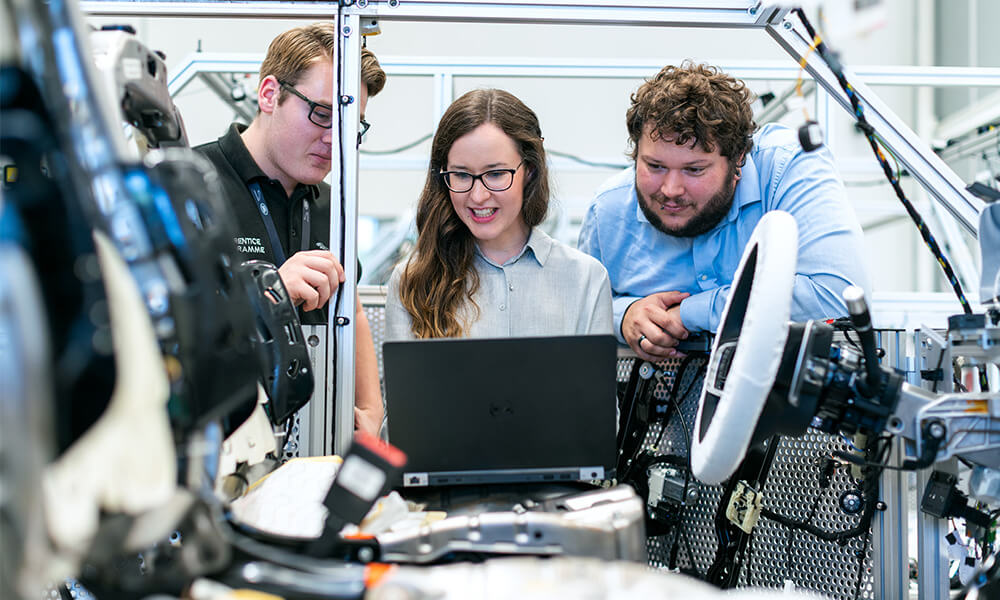What to expect with remote learning
We all know some advantages of remote learning such as being able to attend class anywhere you want and, often times, whenever you can, when classes are recorded. But, online platforms have much more to offer and there has been even more research and investment in finding resources that can enrich the remote classroom experience.
An article published by the University of Chicago highlighted that remote learning is changing education. “It doesn’t replace the classroom, it shrinks distances and supports teaching in new and interesting ways,” said one of the university’s professors, Randal C. Picker.
So, we did a bit of research on what professors and institutions are saying about remote learning and we have listed some of the main benefits mentioned by them:
Learning opportunities
Bringing guest speakers from anywhere in the world to one or several classrooms at the same time is a great advantage of remote learning. While this is not something completely new people are now much more familiar with virtual visits and more willing to talk to people through a screen.
Students’ participation
An article published by Forbes lists some surprising benefits of the virtual classroom. One of the professors at Duke university said that through Zoom, it is easier to know when students have not understood the concepts discussed in the classroom. Using the polling function students that might have been too shy to say it in person are now more participative, enabling the professor to have more chances to help and assist them.
Retention rates
Research shows that the retention rates for e-leaning (25-60%) are higher in comparison to classroom retention rates (8-10%). This is because in the remote learning, students have more time to go back and review a concept, while also being able to skip something they are confident about to concentrate more time in something they need more study time.
Technology
Remote learning is also forcing institutions to invest more in digital technology, therefore enriching the learning experience for students. Research from Google on education shows that 82% of US teachers think that technology helps students become more prepared for future careers.
The addition of virtual reality and augmented reality as part of the lessons are some examples of resources that can make students more excited about learning a subject.



